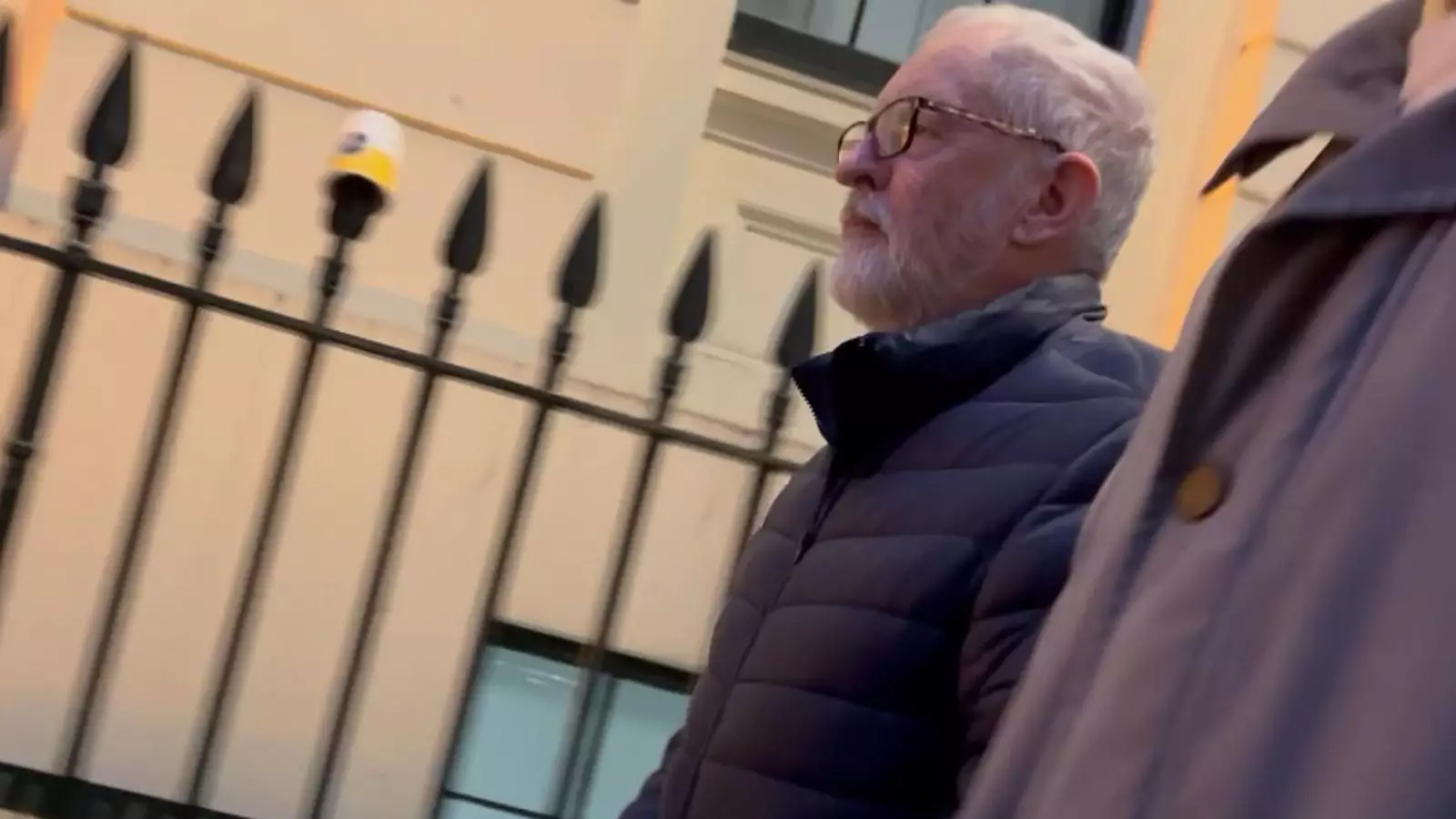Recent events surrounding the pro-Palestinian rally in London have sparked significant dialogue about political accountability, public protest, and law enforcement’s role in civic demonstrations. Notably, former Labour leader Jeremy Corbyn and his ally John McDonnell, former shadow chancellor, have both agreed to police interviews in connection with the protest organized by the Palestine Solidarity Campaign (PSC). Considering the current intersection of activism and politics, one must reflect on how these events illustrate broader societal tensions and the implications for democratic engagement.
The pro-Palestinian rally took place amid a ceasefire agreement between Israel and Hamas, aligning with heightened global scrutiny of the ongoing conflict in Gaza. As nine individuals—including Corbyn’s brother Piers—faced charges related to public order offenses, the nature of the protest itself became a focal point for discussion. The Metropolitan Police indicated that the organizers had agreed to a static protest to mitigate public safety risks, especially near sensitive locations such as synagogues. This decision, however, has been scrutinized by the PSC, which argues that the police’s actions were excessively aggressive and that their portrayal of events downplayed the peaceful intentions behind the protest.
In the aftermath, both Corbyn and McDonnell have publicly contested the police’s narrative, emphasizing their commitment to non-violent protest and asserting that they were not uncooperative with law enforcement at the event. This dynamic raises critical questions about freedom of assembly and the responsibilities of law enforcement during public demonstrations.
The language employed by the authorities versus that of protest organizers can shape public perception significantly. The Metropolitan Police’s description of the protestors as having “forced their way through police lines” starkly contrasts with the narrative upheld by Corbyn and McDonnell, who underscores their role as peaceful participants. This dissonance has implications not just for those directly involved but also for the broader public discourse surrounding protests and activism in politically charged contexts.
Such rhetoric plays a dual role: it affects the legitimacy of the protestor’s cause and the public’s perception of their actions. When influential political figures like Corbyn communicate their narratives, they can mobilize public opinion; thus, the framing of these events has profound ramifications on both individual reputations and collective movements.
Both Corbyn and McDonnell now represent a distinct form of political independence, distancing themselves from the Labour Party amid controversies regarding anti-Semitism and internal party dynamics. Their decision to act outside their previous party affiliation highlights shifts in political allegiances and the potential for alternative political pathways. As independents, they may be seen as more free to engage with social issues directly and advocate for movements like the PSC’s without the burden of party lines, though this also invites scrutiny regarding their motives and the implications for their political futures.
Furthermore, the nature of their involvement in the protest indicates a willingness to engage in significant social issues despite potential backlash. Their actions may inspire other dissenting voices within the political landscape, suggesting a resurgence of grassroots activism that challenges established party politics.
This incident serves as a critical reminder of the intrinsic relationship between political leadership and activism. As Corbyn and McDonnell navigate the consequences of their public participation in the pro-Palestinian rally, they embody the complex interplay of civic engagement and political identity.
The challenge remains for individuals, political figures, and activists alike to discern truth within the narratives constructed by both protesters and police. As civil societies grapple with contentious issues, it becomes increasingly essential for all parties to engage in constructive dialogue. Ultimately, this episode illustrates that the lines between politics and activism are frequently blurred, demonstrating the potency of civic engagement in shaping not only public conscience but also the very fabric of democracy itself.

